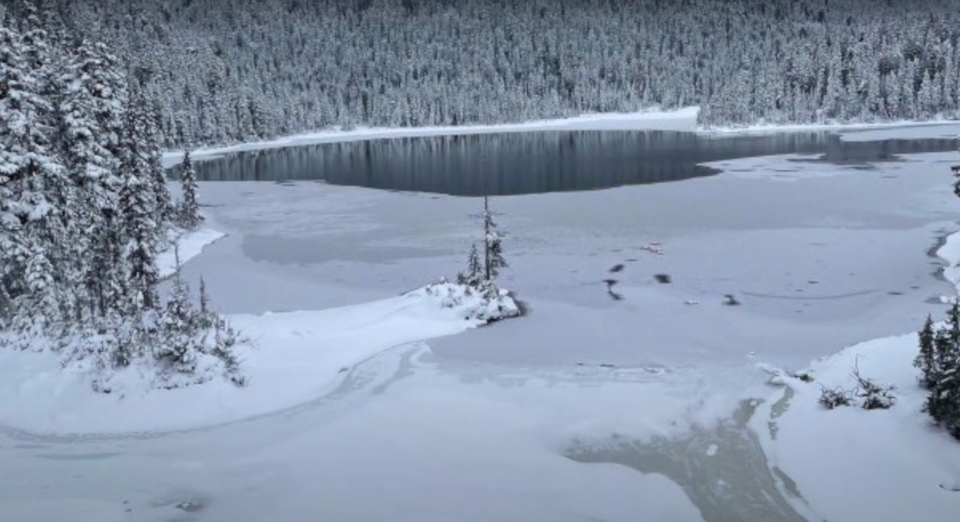The Sunshine Coast Regional District (SCRD) has reported a dramatic reduction Chapman Creek water levels as it announced the district was granted yet another extension to its State of Local Emergency (SOLE) related to the drought affecting its Chapman water system. The SOLE is now valid until Nov. 21 and Stage 4 water restrictions for the majority of Coast residents are continued.
In a Nov. 15 news release, the SCRD reported that on the previous day, 200 litres per second was flowing in the lower reaches of Chapman Creek. In contrast, it reported normal flows for this time of year can get up to 1,500 litres per second.
Alternate supplies lined up
The water reduction is raising the potential for the SCRD to go back to the Town of Gibsons to request emergency water to augment supplies for users on the Chapman system. As area drought conditions continued through summer 2022, on Sept. 26, the Town approved supplying up to 1,000 cubic metres of water per day to the SCRD. Gibsons continued to provide water until Oct. 23, contributing 22,147 cubic metres over a period of 28 days.
The release also stated if there is a substantial decline in supply through Chapman Creek, it may bring other sources such as Grey Creek or Trout Lake online. It is noted that if either of those sources are put into use, a boil water advisory would be issued for residences being serviced by those sources.
Efforts to bring supplies from the Church Road Well Field in Elphinstone in on a temporary basis are continuing and the update states staff anticipated that water from the site could be available within the week.
Order bans certain uses
Under the SOLE, the SCRD issued a ban on use of Chapman system water for a number of non-essential uses, effective Nov. 11 and that also remains in place. Those included filling of hot tubs, steam baths, saunas or pools with an exemption granted to the pool at the Sechelt Aquatic Centre.
Those working with concrete, cement, asphalt, gravel, or aggregate have been banned from using system water for their operations.
Non-medical cannabis a tricky issue
The ban also extends to use of system drinking water for the production of non-medical cannabis. Monitoring and enforcing that ban presents a unique challenge to the SCRD, as the local government does not licence or track those types of operations in the area or where they are located.
“While we do not have firm numbers, we are aware that the production of cannabis could utilize a significant amount of water. The SCRD’s Emergency Operations Centre is working to establish the locations of these operations and will be reaching out in the coming weeks to make them aware of the consequences should they contravene the order under the State of Local Emergency,” SCRD communication manager Aidan Buckley told Coast Reporter in a Nov. 15 email.
Options for arena ice to be discussed
Another location affected by the ban is the Sunshine Coast Arena in Sechelt. That site is not permitted to use SCRD-supplied water to install or and maintain ice. The usual start date of early September for ice-based programs has been delayed by more than 10 weeks.
A special SCRD Board meeting, where accessing alternate water sources to bring ice at that location online will be discussed has been slated for 1 p.m. Nov. 15. The meeting will be held at the SCRD’s Field Road office and can be attended or viewed online through Zoom and YouTube.



